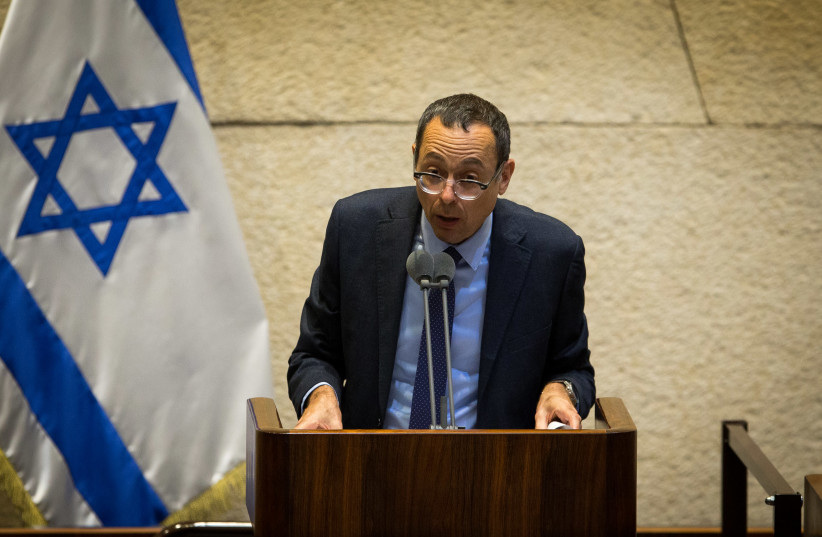Most married couples want children, and most grandparents yearn for grandchildren. The urge to procreate is a most natural urge: the urge to love, raise and nourish offspring; to leave something that will continue after one’s death; to perpetuate the family line.
The wonders of science and technology – intrauterine (artificial) insemination and in vitro fertilization – have created miraculous ways to give infertile parents the ability to have children.
And the science did not stop there. In 1999 the first baby was born of a process called post-mortem sperm retrieval (PMSR), whereby sperm is extracted from a corpse within 36 hours of death, and via one of the existing artificial reproductive technologies, used for impregnation. The technology had been around since the 1970s, but it was not until 1999 that a baby was born using this method.
Literally creating life after death.
As Jerusalem Post defense correspondent Anna Ahronheim reported, a group of MKs is pushing legislation that would allow bereaved families who have lost their sons or husbands during military service to retrieve their sperm and have children.
As remarkable as this sounds, we counsel extreme caution, because this raises huge ethical dilemmas.

Did the fallen soldier want a child? Was his consent given? Did he have a spouse? Is the process being initiated by the fallen soldier’s spouse, or his parents? Is it in the child’s best interest to come into the world under these circumstances? What are the motivations of those interested in this process?
These are emotional questions in any country, but are even weightier here because of compulsory military service.
Does the state “owe” parents or wives of soldiers who are called on to defend the country the right to have offspring from their sons or husbands if they fall during their service?
As MK Zvi Hauser, one of the MKs pushing the legislation, said, “We tell people to place themselves in front of enemy bullets, to risk their lives, for the good of the country. In return, we have to give back to those who risk their lives.”
But how about those not in the army? What about someone killed in a car accident? Does this individual’s spouse or parents not have the same rights as those of a soldier killed on duty?
The Supreme Court has already dealt with the PMSR issue twice. In a 2016 decision involving a fallen soldier, the court ruled that there is a right to posthumous fertilization, but only the spouse of the deceased – not his parents – has the right to make that decision. Another decision a year later essentially upheld that ruling.
The current legislation being drawn up, however, would go further than the court, and establish that the parents should be able to use the sperm to ensure the continuity of their child’s bloodline.
In drawing up legislation, we think that it must include several elements, the first and most critical being that pre-consent be given, for perhaps the soldier did not want to bring a child into the world. Reproduction without the individual’s consent should be a non-starter.
Secondly, we agree with the court that after written consent was given, the decision should be that of the spouse and not of the parents. If the spouse – who may want to get re-married – is not interested but the parents want to do this because they want a grandchild from their son, then the spouse’s wishes should take precedence.
If the soldier is not married, then the parents should be able to make the call, but we believe consideration should be given to making this only available in the case when the fallen soldier was an only child.
We also believe consideration should be given to mandating a year-long cooling-off period before the process culminates.
In moments of intense grief, rational thinking may be clouded by emotion. What seems so right at the moment – extracting sperm and creating a new life – may look different a year later.
Technology has provided man with previously unthought possibilities. But not everything possible is necessarily desirable. Postmortem sperm retrieval opens up a brave new world. We need to tread very carefully in that world.
